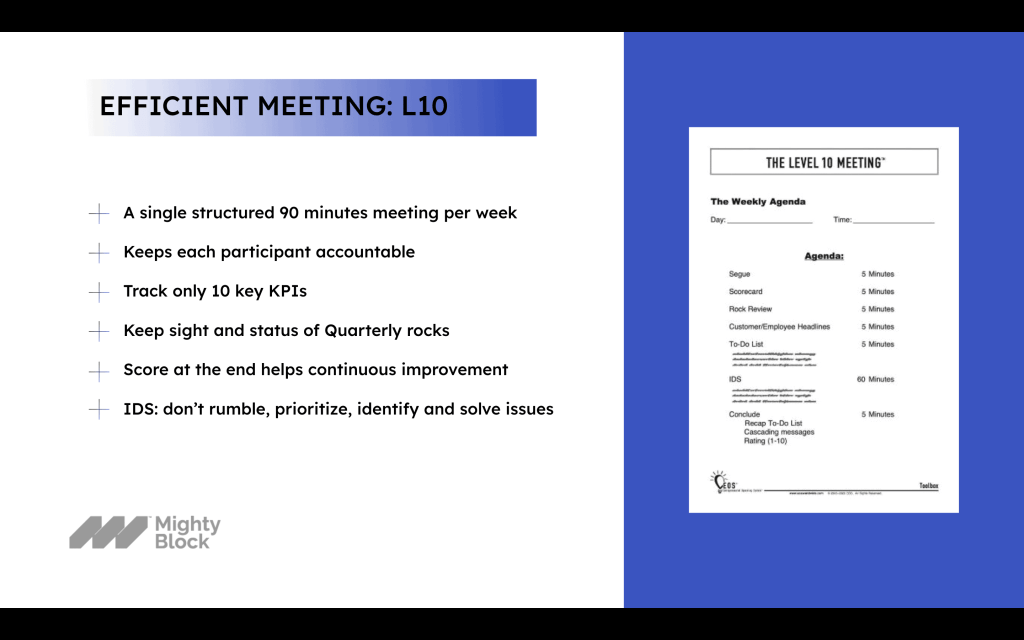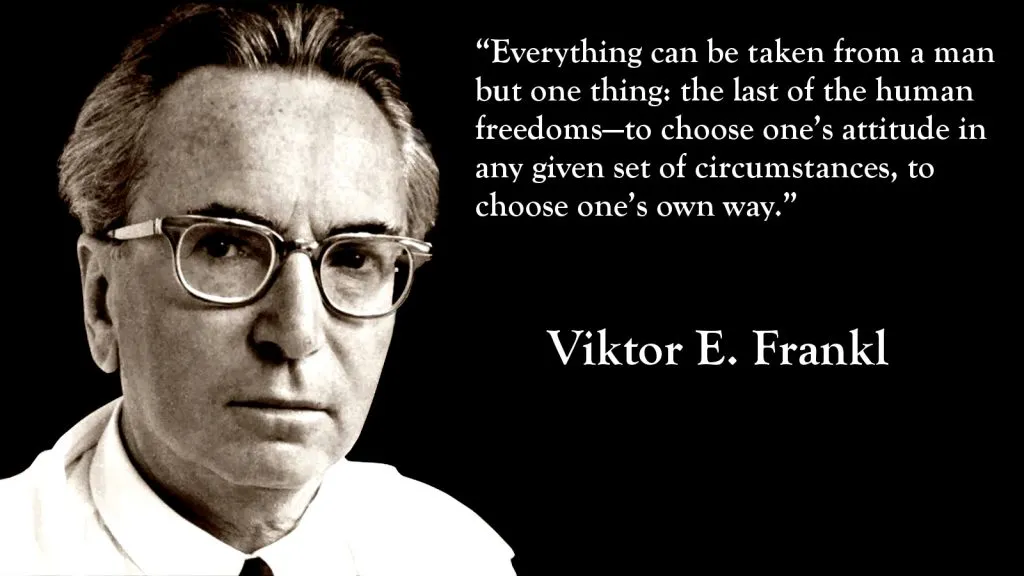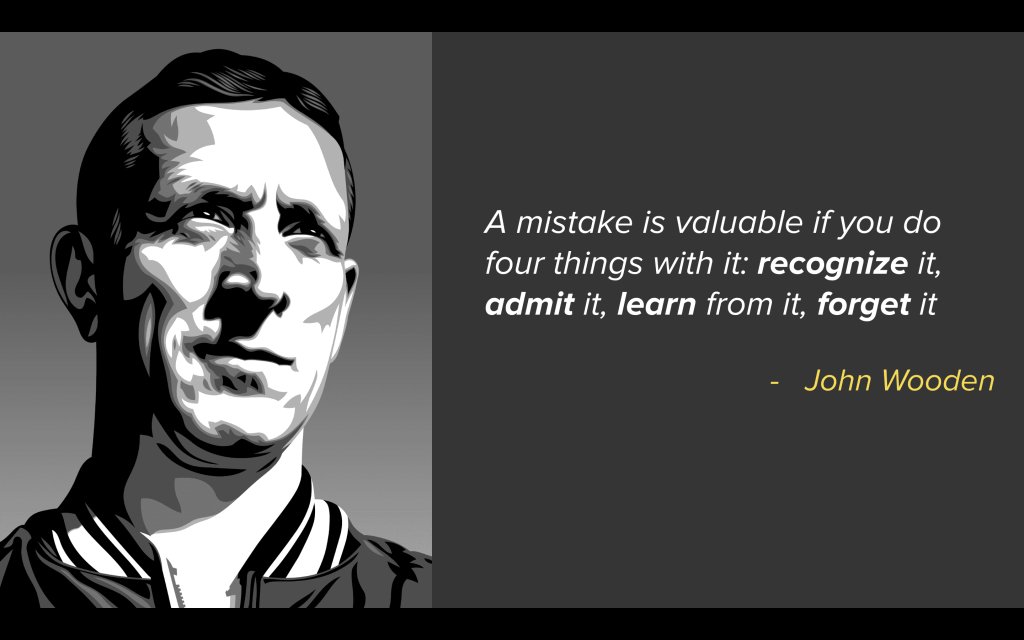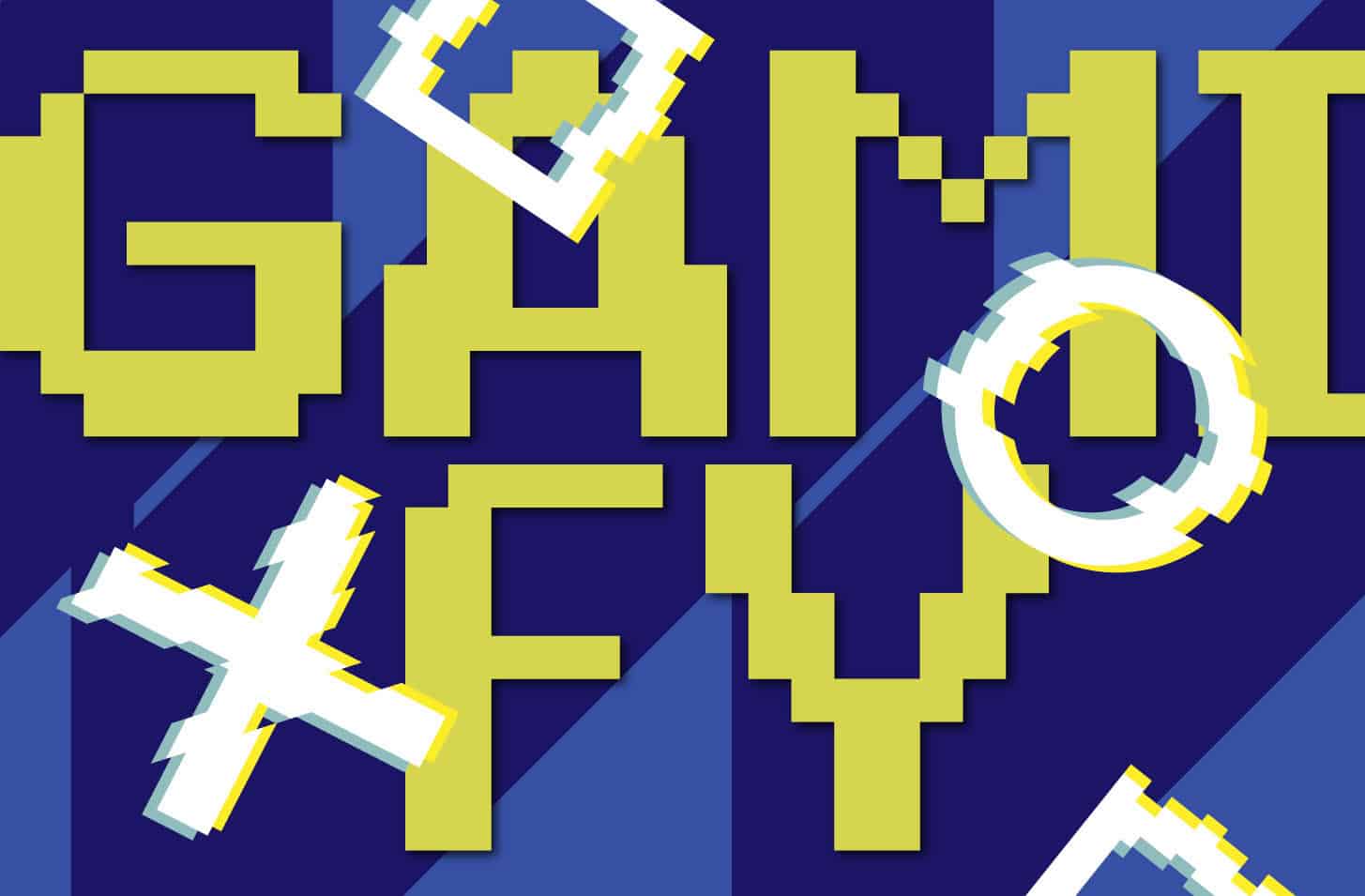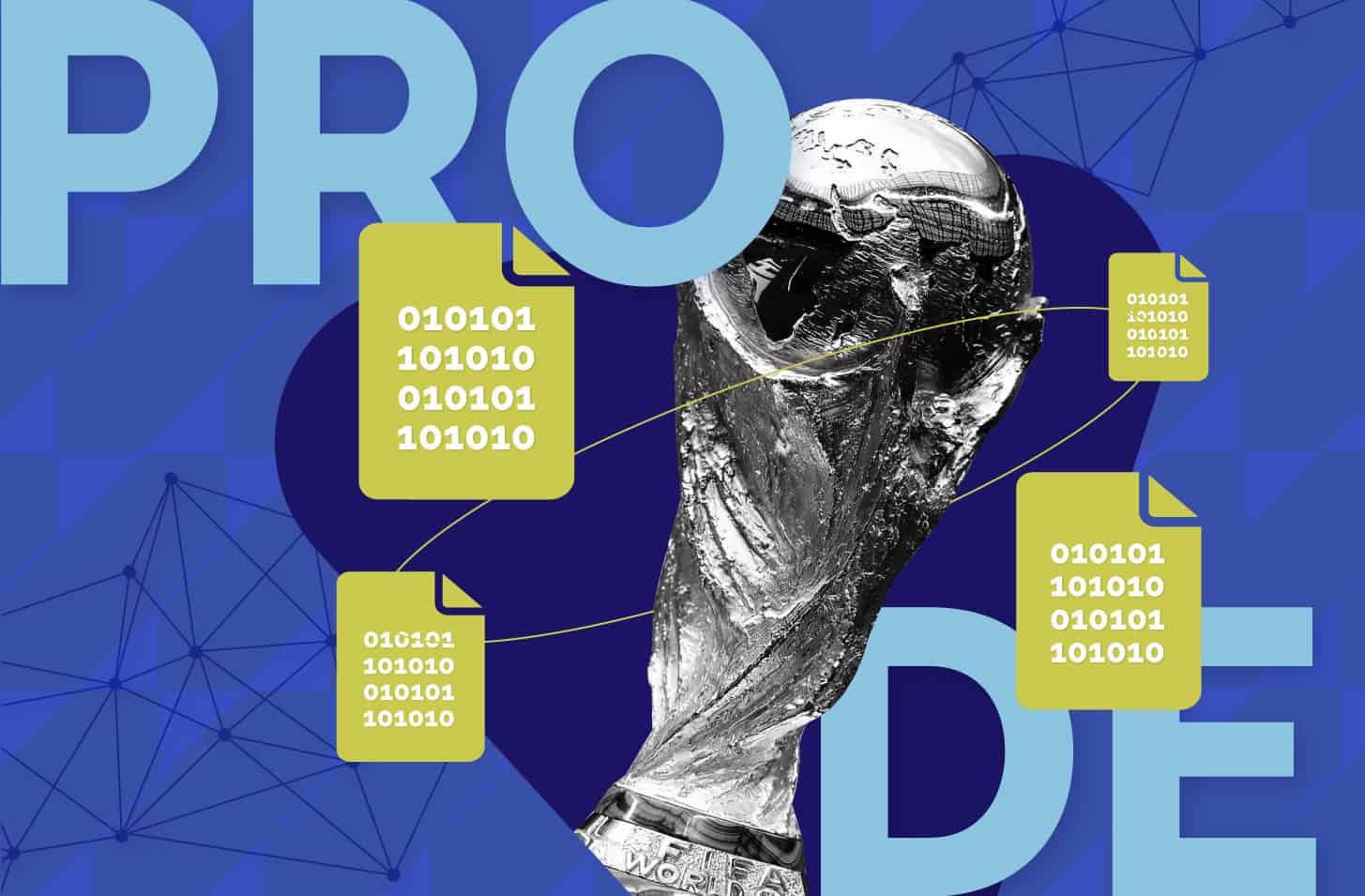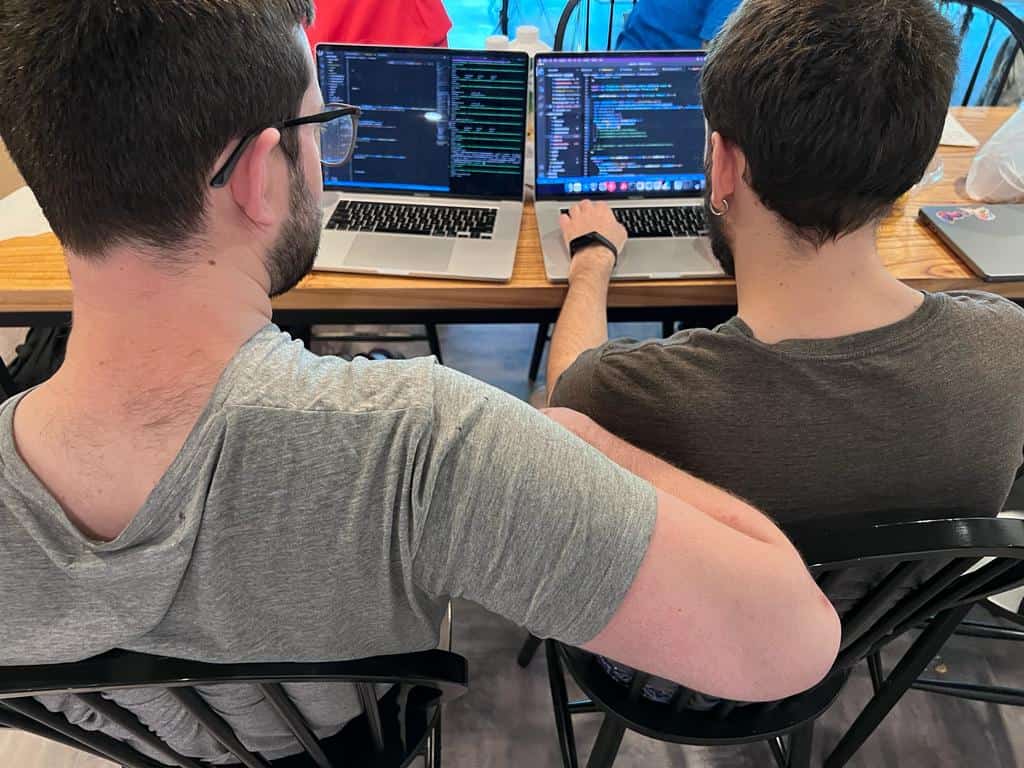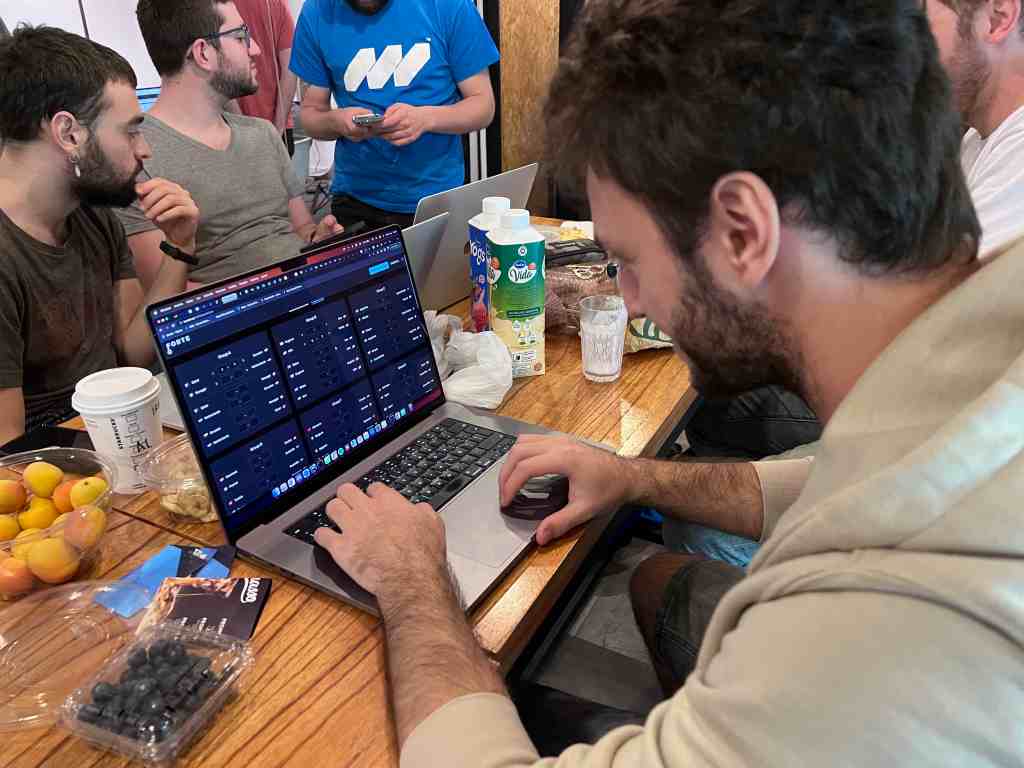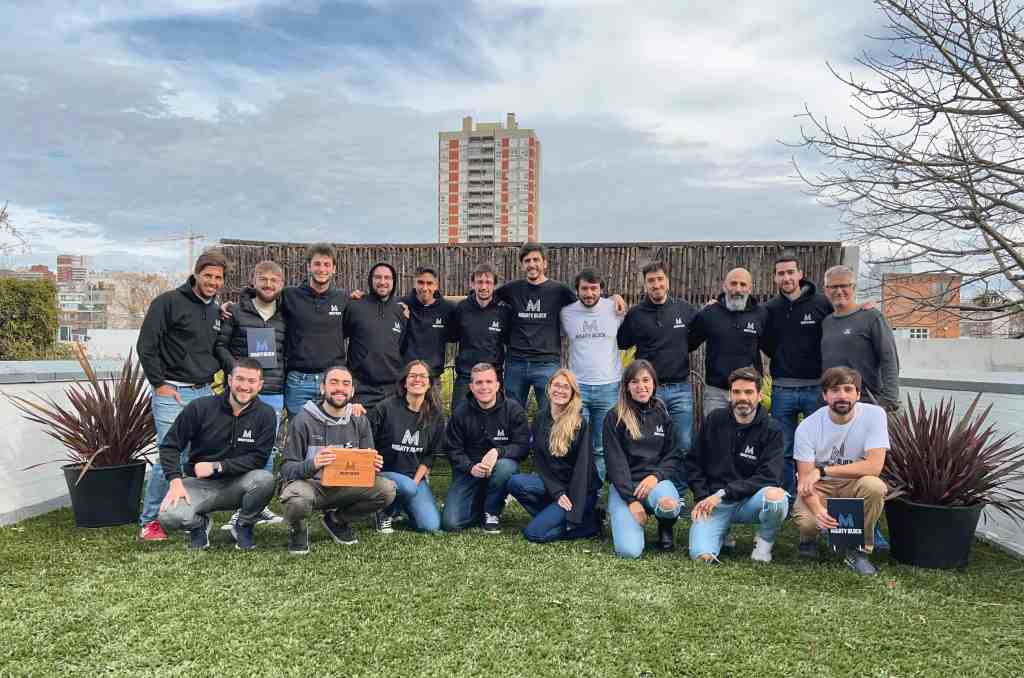
Organizations spend roughly 15% of their time on meetings, with surveys showing that 71% of those meetings are considered unproductive. Unproductive meetings cost around 37 billion dollars per year, and 24 billion dollars are lost in work hours. One reason programmers dislike meetings so much is that they’re on a different type of schedule from other people. Meetings cost them even more. When you’re operating on the maker’s schedule, meetings are a disaster. A single meeting can blow a whole afternoon, by breaking it into two pieces each too small to do anything hard in. Plus you have to remember to go to the meeting.Understanding this made us realize that we needed a new way of managing our teams’ time at Mighty Block.

So, we used the following questions as a guideline to create a time management for our software developers team framework:
- How do I reach my peak productivity?
- Is multitasking effective?
- How to avoid distractions and manage time efficiently?
- What’s the best way to organize my schedule?
- What to do with goal-less meetings?
- How to handle meetings where I see no value?
- How to prevent distractions and stay focused?
Limitations of body & mind
Before diving into the framework we designed, it’s important to understand how our mind works, what’s possible and what’s not.
This section is important because it’s common to read, specially in Twitter/X, about the Hustle Culture, the mentality that one must work all day every day in pursuit of their professional goals. However, we must acknowledge that when we are not connected to our body and emotions, we are at risk of burning out.
Is multitasking effective?
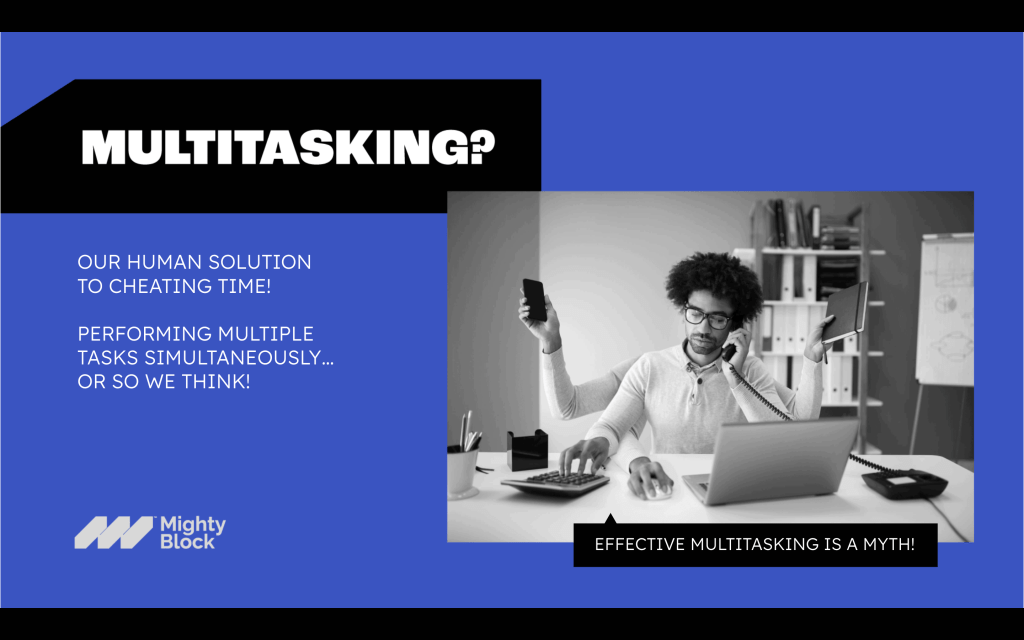
Multitasking reduces cognitive capacity
What our brains are doing when we multitask is rapidly switching between tasks. This constant switching taxes our brain. It essentially tires it out and makes it less efficient. This particularly affects our ability to focus our attention in general, even when we are not multitasking.
Multitasking makes us more distractible and prone to errors. For example, individuals rated as high media multitaskers (number of hours using multiple devices simultaneously, such as watching TV while also using a smart phone or tablet) showed poorer attention on cognitive tasks.
Those individuals had to use more of their brain to complete the same task compared to low multitaskers. When you need to recruit more of your brain to complete a task, it means your brain is working less efficiently.

Daily cognitive budget
As Sam Altman explains in this interview, there is a daily cognitive budget of 8 high quality hours we can use before the output quality starts to decline. Put in another way: no human being can spend more than 8 hours in a day working at a high performance.
Sleep
According to the sleep researcher Matt Walker, only 1-3% of the population can operate normally with only 4 hours of sleep. Unless you are in this privileged group, you need at least 7 hours of good sleep per night.
In case you are curious on how to improve your sleep habits, check out this article.

A prioritization framework
Once we have improved our performance related to both body and mind, we can begin to think strategically about how we manage our time.
This time management framework for software developers was created based on reading, iterations, and collective experiences of the team (although we think it’s useful for any modern worker).
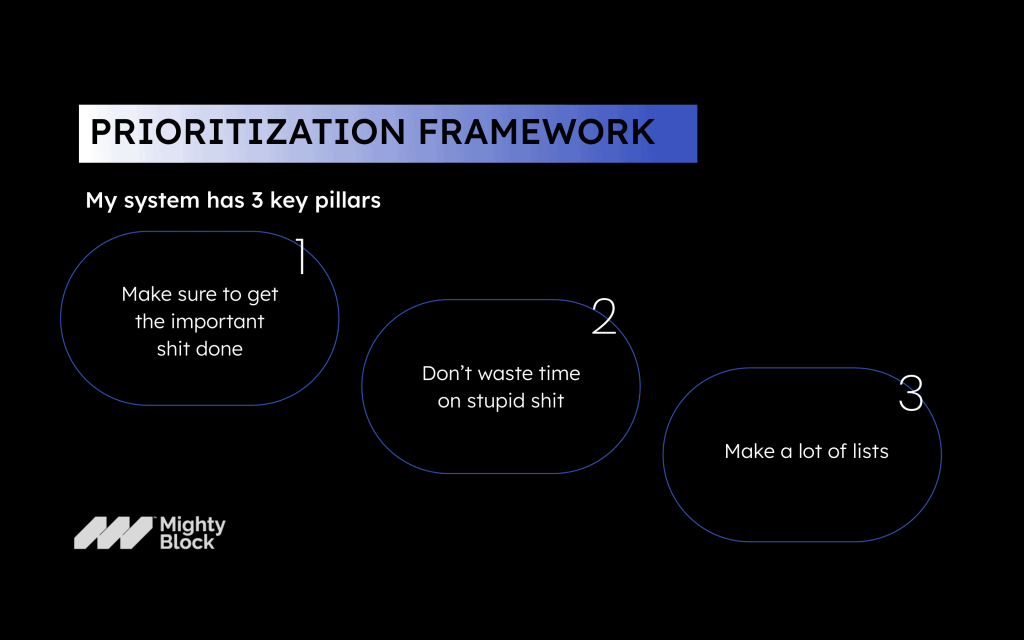
1. Get the important things done
- There should never be more than 2 mission-critical items to complete each day.
- Do them separately from start to finish without distraction
- Extreme focus blocks (minimum 2 hours)

2. Don’t waste time
In this modern age, we are bombarded all day long, specially from Monday to Friday, by companies using multiple channels to capture our attention. Additionally, content is getting more and more addicting and our dopamine system is being hacked.
Take a look at this list:
- Checking email in real-time
- Receiving WhatsApp, Signal, Telegram, SMS notifications from groups, family, co-workers and sales representatives
- “Breaking News” that seem to be important (99% of the time they are not)
- TikTok videos
- Tweeter drama
- Instagram stories
- This list is endless…

3. Make lots of lists
We highly recommend making lists. Lists keep you focused, and you can review them periodically, reminding yourself of what’s important (and what’s not). They free up space in your mind—fewer things to memorize.
- Of the 3 tasks I need to finish today
- Of my goals for the quarter
- Of my goals for the year
- Of the books I want to read this year
- Of the goals with my partner
Lists keep you focused; you can review them anytime.

Additional tip! Visual Setup
- The browser tabs are your best friend.
- When focused on a Google Doc, keep it open, collapse the rest into groups.
- While in a Goole Meet, leave it open, collapse the rest.
- While coding, maximize the IDE, minimize the rest.
- Disable desktop notifications for Slack, Email, WhatsApp.
- Close WhatsApp web when focused on Meet, Google Doc, Coding.
Meetings: Do Them Right or Don’t Do Them at All
If within your role, you still have to organize or attend meetings, there are some rules that can help make them more efficient and productive. However, it’s important that you adhere to and encourage the team to follow them as well.
Meetings are a usually a bug.
— tobi lutke (@tobi) January 3, 2023
If you properly root cause them, you will find a trust issue, a clarity issue, or a missing API. Meetings can paper over these, but it’s much better to fix root cause.
Meeting tips

L10 meeting: an efficient format for management roles
As part of the Entrepreneurial Operating System® (EOS®), the Level 10 Meeting (L10) creates a standard structure for productive meetings. No, really. EOS lays out a template for team meetings to focus on the most important things each week without the nonsense.
On a scale of 1 to 10, most people would rank their current meetings at a 4 or 5. In some cases, even that’s being generous. In a Level 10 Meeting, attendees focus on the most important topics to spot issues before they become bigger problems. But that doesn’t come naturally (as evidenced by the prevalence of crappy meetings). To get there, companies Running on EOS™ use the standardized L10 agenda.
What makes a L10 meeting so effective?
Because Level 10 meetings operate at a repeatable, strategic level, they provide a solid framework covering material that matters. Opinions and politicking have no place in a meeting that focuses strictly on objectives and metrics. Teams also learn to minimize tangents and sidebar conversations to cover only what matters.
In addition, the same two individuals (or their proxies during vacations) serve as the facilitator and the scribe for every meeting. This removes the question, “Who’s leading this meeting?” The same goes for the scribe role: Everyone already knows who’s taking notes. Removing this ambiguity saves precious minutes discussing and agreeing to roles in each meeting.
If you are interested in learning more about L10 and EOS, check out this article.
Please let us know if you enjoy this time management tips for software developers!
